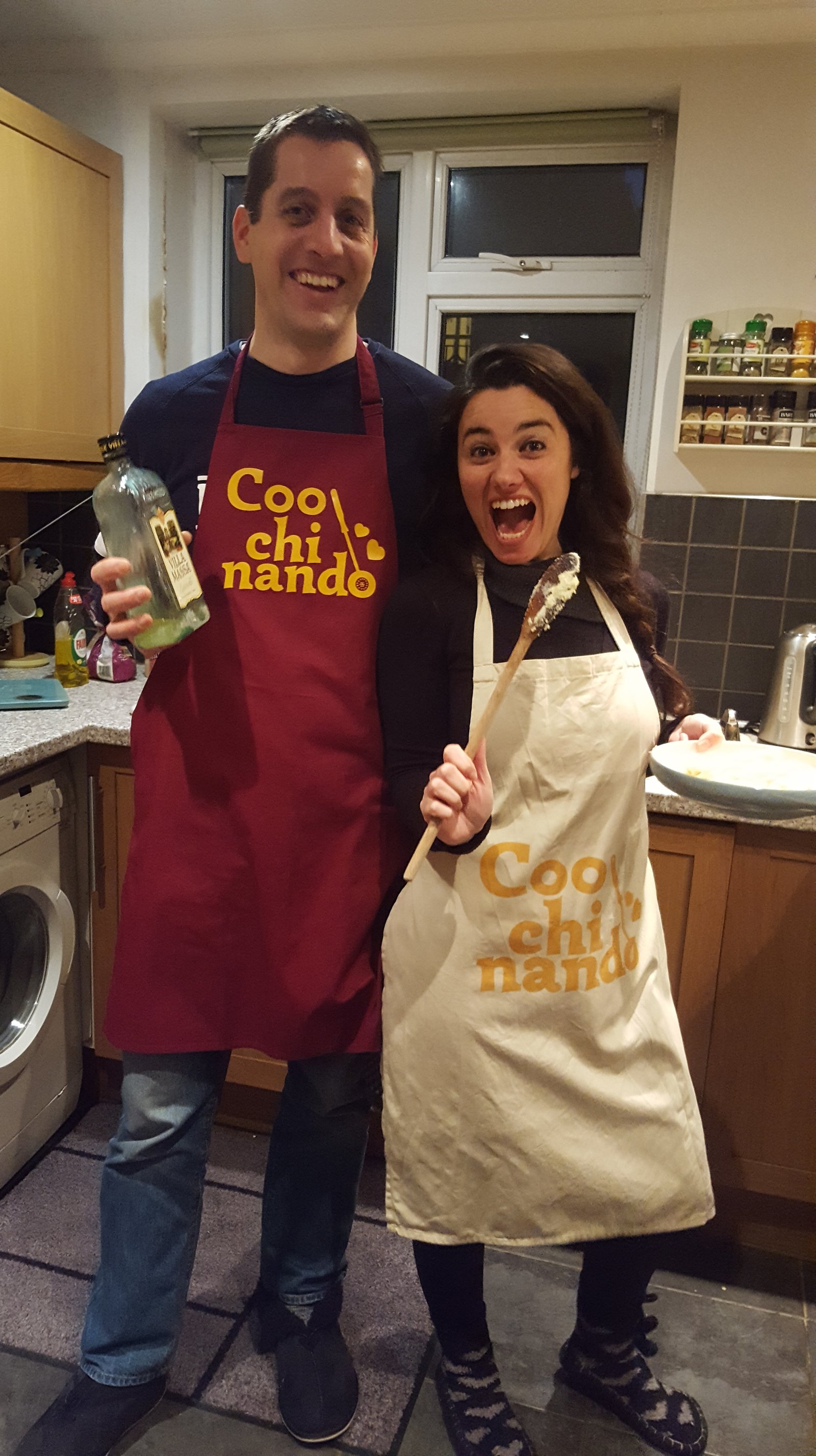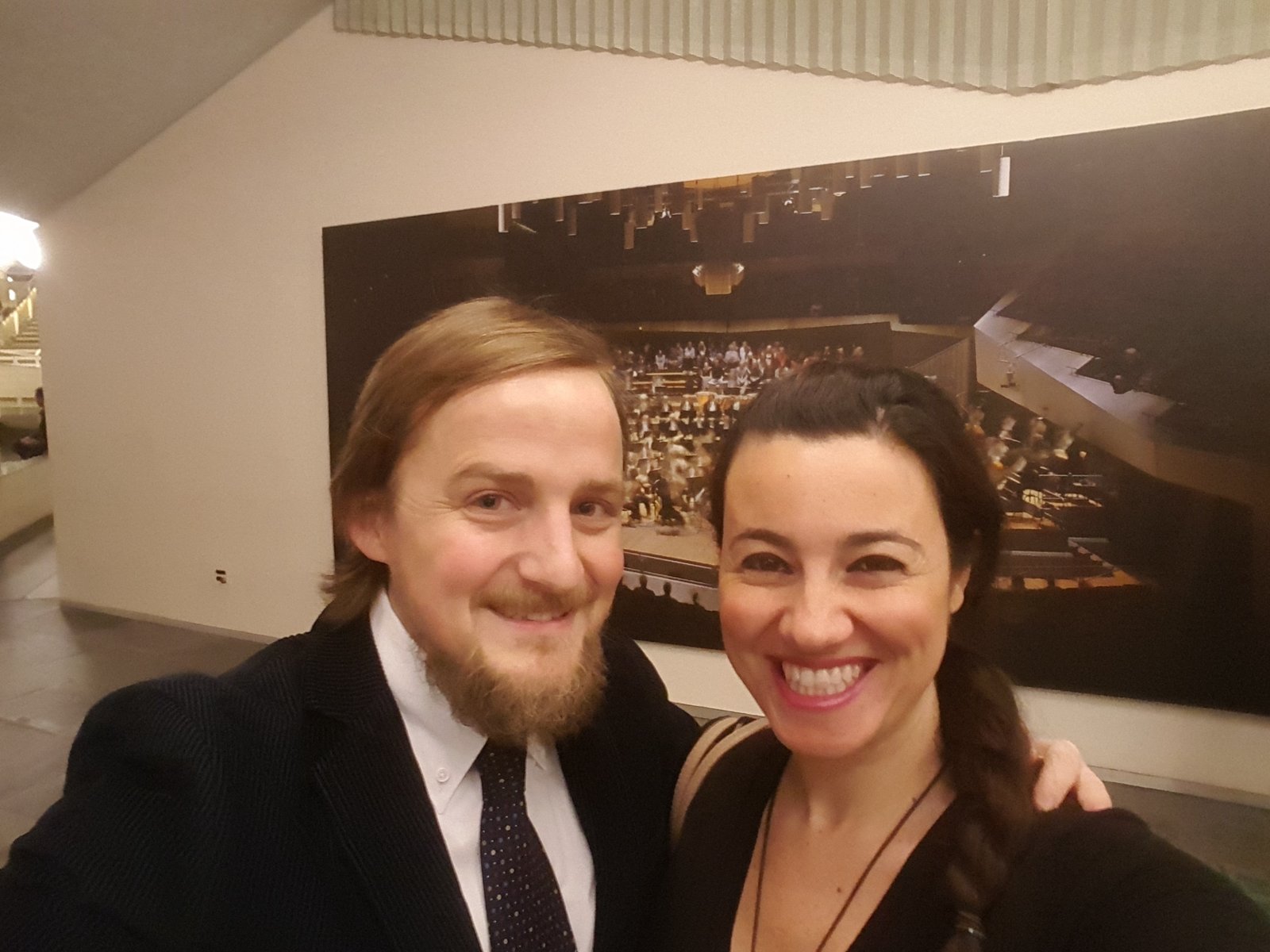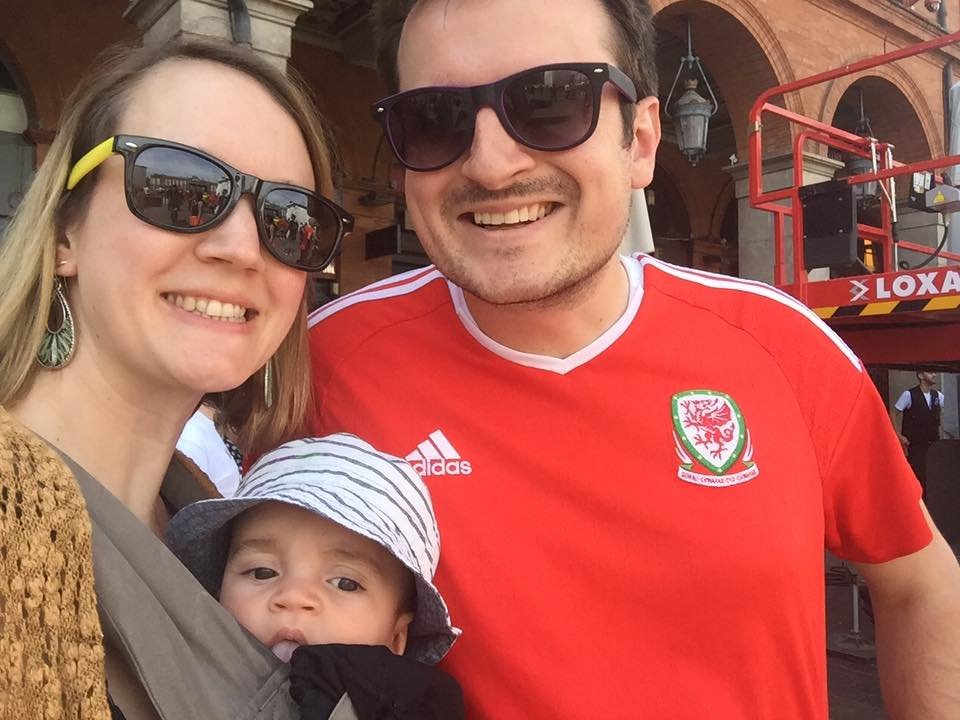
I’ve been glued to the Six Nations rugby tournament. Mariacristina, on the other hand, is baffled at why I want to spend a large portion of my weekend watching two or three dozen grown men kicking and throwing a ball around. I sympathise with her view, even if I lost the bet that in marrying an Italian I would be signing up for life with at least a fellow football fan. Funnily enough, she’s more tolerant of rugby…
The annual clash of England, Italy, Wales, Scotland, France and Ireland has not only given me countless occasions to leap off the sofa in frustration or glee, though. It’s also made me think about the many, many ways in which sport mirrors life.
Infinite possibilities
A few weekends ago, England played Wales, leaving it late to snatch the lead and secure victory. Afterwards, I read so many comments about how one of the Welsh players had brought about the loss by kicking the ball not off the field but down the pitch into the arms of an England player. Others put the blame on the Welsh winger who wasn’t quite in the right place to stop his opposite number from flying past for the winning score.

In truth, though, there were thousands, millions, billions of tiny split-second decisions made by every player on the pitch that together brought about the eventual result. Some were obvious: Wales could have chosen the lower-risk, lower-points option of kicking for points earlier in the game; or, with the smallest error in their exemplary passing, England could have failed to execute that last score.
It was easy for frustrated Welsh fans to lay all the blame for their defeat on the players whose slight misjudgements preceded the winning England try. But even for those players it wasn’t as simple as ‘kick it out and Wales would have won’, for example. The left-footed player had a difficult, narrow kick, probably leading to an England line-out and a very good chance of scoring. There was also a burly English player bearing down on him and potentially blocking that route.
Did he make the wrong decision? Or was it the right decision at the time, but the Welsh winger should have been better placed to stop the try? We’ll never know. Every player on the pitch made a huge number of decisions during the match, some of which will have turned out to have a negative consequence for their team. But on the pitch, there’s no time to worry about whether the decision you made was the right one or not: you just have to deal with what’s in front of you.
What if?

That’s true for all of us off the pitch, too. It’s so easy for us to get bogged down in wondering what might have happened had we not taken one path instead of another, or if factors out of our control meant life hadn’t turned out in an unexpected way.
A couple of months before I was first diagnosed, I went to a walk-in GP surgery and told the doctor the pain in my shoulder didn’t feel mechanical, and that I didn’t remember any particular trauma that might have injured it. The doctor pointed out there were thousands of ways we can injure our joints, most of which we won’t recognise at the time, and sent me away with a prescription for painkillers.
I really did feel it wasn’t mechanical – and it later turned out it was probably the presence of useless ‘blast’ cells (immature white blood cells that fail to develop into anything useful: ie lymphoblastic leukaemia) in my bone marrow. At that moment, I accepted the diagnosis. But what if I’d insisted on more profound checks? Could I have reduced the intensity of my subsequent treatment? Might I have avoided relapsing eight years later? Would I have needed a transplant eventually?
That was a potentially major turning point. There must have been thousands, millions, billions of moments where had I acted differently, my story might have been very different. But even writing about this has been strange for me, because I very rarely linger on the ‘what ifs’. I’d rather focus on what’s in front of me.
The limits of learning from experience

The Welsh players – and the English players – will have studied what decisions they could have made differently that might have had different consequences, so they would be better prepared if they found themselves in a similar situation the next time. That sounds easy enough, but rugby is far too complex a sport to provide any black and white guarantees that what might work in one game will work in another.
We can learn, too, from our experiences. When something doesn’t work out, we can think about what we could have done differently. But there’s no guarantee that our changed behaviour would definitely have led to a more positive outcome. We can prepare as best we can – as all sports teams and players do – but it’s what we do in the heat of the moment that matters.
Being ready for surprises
In their next match, England played Italy. The match showed that even a well drilled, record-breaking team can prepare as much as they like, but external factors will always provide opportunities to put a spanner in the works. Italy came out with a surprising tactic that confused England (unbeaten for 17 matches and expected to win the match comfortably) so much that the underdogs were winning at half-time, and only two points behind with 11 minutes to go. England had not started very well anyway, but it took them a good while to work out how to deal with what was in front of them.

In life you can be smart, successful and prepared, but whatever you or others might be expecting, there are too many external factors to guarantee that things will go your way. That’s not to say you shouldn’t prepare and plan – but while doing so it’s important to remember that the match you’ll be playing won’t necessarily pan out in the way you expect. England learnt a lesson: it’s good to have a game plan – but perhaps it’s even more important to be able to react quickly and effectively to what actually happens on the pitch.
You don’t need to get cancer to recognise the infinite possibilities that life can throw up. Some things you can control and steer in the direction you want to go, but sometimes you just have to face up to the unexpected challenges in front of you. That’s easier said than done.
Bouncing back

A couple of years ago I was excited to hear a talk about emotional intelligence, which in very broad terms I understood as the capacity to recover from setbacks. For how long do we stew over a perceived injustice (like the England players indignant at Italy’s surprising tactics), rather than move on and deal positively with what’s in front of us?
Football manager Iain Dowie called a similar sort of resilience ‘bouncebackability’. Sport’s like a miniature version of life, with lower stakes. Perhaps Mariacristina will understand better its appeal to me if I tell her it’s just self-improvement…

